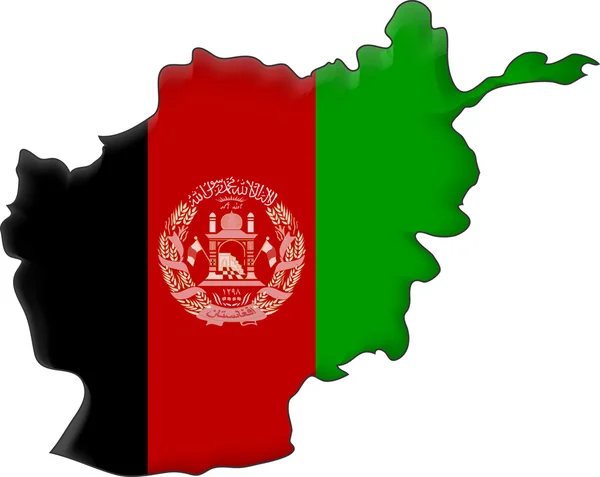Part of the reason for this web post is that the Wisconsin Veterans Museum recently did a program on the Afghan Papers. Wisconsin Veterans Museum – Every Veteran is a Story (wisvetsmuseum.com)
“The Afghanistan Papers are filled with over 300 people detailing the systematic failure of the  military to take any responsibility and blaming the “corruption” of the Afghanistan government, all the while revealing the massive corruption and lies that the U.S. is perpetuating. While military commanders bemoaned Afghan leaders enriching themselves off American tax dollars, those self same commanders were climbing government ranks, earning promotions for promoting endless war.”
military to take any responsibility and blaming the “corruption” of the Afghanistan government, all the while revealing the massive corruption and lies that the U.S. is perpetuating. While military commanders bemoaned Afghan leaders enriching themselves off American tax dollars, those self same commanders were climbing government ranks, earning promotions for promoting endless war.”
Veterans Demand Accountability for Afghanistan Papers
“When the chaotic withdrawal from Afghanistan kicked into high gear, the U.S. started evacuating at-risk Afghans to the United States on parole, giving them only temporary protections with no pathway to citizenship. Countless others got left behind. A large coalition of Afghan Americans, immigration advocates, and veterans got together to start pushing Congress for legislation that would give Afghans lasting protections and a pathway to citizenship, as well as hold the Biden administration accountable to ensure other vulnerable and at-risk Afghans could find their way to safety in the U.S. This type of large-scale adjustment of status would match historic precedent, as the U.S. has done this previously for Cambodian, Vietnamese, Cuban and Iraqi Kurds.
On August 11th, the Afghan Adjustment Act (AAA) got a bipartisan introduction in both the House of Representatives and the Senate. It is our hope to ensure passage as Congress reconvenes from its summer recess and find enough support to receive 60 votes in the Senate and a simple majority vote in the House.
The United States made a promise. Now, it must live up to its word. But we need your help to ensure we hold our elected officials accountable.
https://www.weareafghans.org/afghan-adjustment-act
In Solidarity,
Arash Azizzada
Afghan American Community Organizer
& Co-Director of Afghans For A Better Tomorrow
Call to unfreeze aid to Afghanistan – WORT-FM 89.9 (wortfm.org)
“A confidential trove of government documents obtained by The Washington Post reveals that senior U.S. officials failed to tell the truth about the war in Afghanistan throughout the 18-year campaign, making rosy pronouncements they knew to be false and hiding unmistakable evidence the war had become unwinnable.
The documents were generated by a federal project examining the root failures of the longest armed conflict in U.S. history. They include more than 2,000 pages of previously unpublished notes of interviews with people who played a direct role in the war, from generals and diplomats to aid workers and Afghan officials.
The U.S. government tried to shield the identities of the vast majority of those interviewed for the project and conceal nearly all of their remarks. The Post won release of the documents under the Freedom of Information Act after a three-year legal battle.
In the interviews, more than 400 insiders offered unrestrained criticism of what went wrong in Afghanistan and how the United States became mired in nearly two decades of warfare.
With a bluntness rarely expressed in public, the interviews lay bare pent-up complaints, frustrations and confessions, along with second-guessing and backbiting…”
“The papers were brought back into discussion after the 2021 Summer Offensive of the Taliban and the fall of Kabul. Debates around the efficiency of U.S. state-building efforts were brought into question, with contrast in what the U.S. forces originally revealed and thought versus what actually occurred. U.S. officials and leaders such as President Joe Biden were heavily criticised for their actions during the withdraw and the public narrative that was being told throughout August and September of 2021…”
Symposium: Was withdrawing from Afghanistan the right thing to do? – Responsible Statecraft
Symposium: Was withdrawing from Afghanistan the right thing to do? Responsible Statecraft asked more than 20 Afghan and American scholars, journalists, veterans & advocates.

